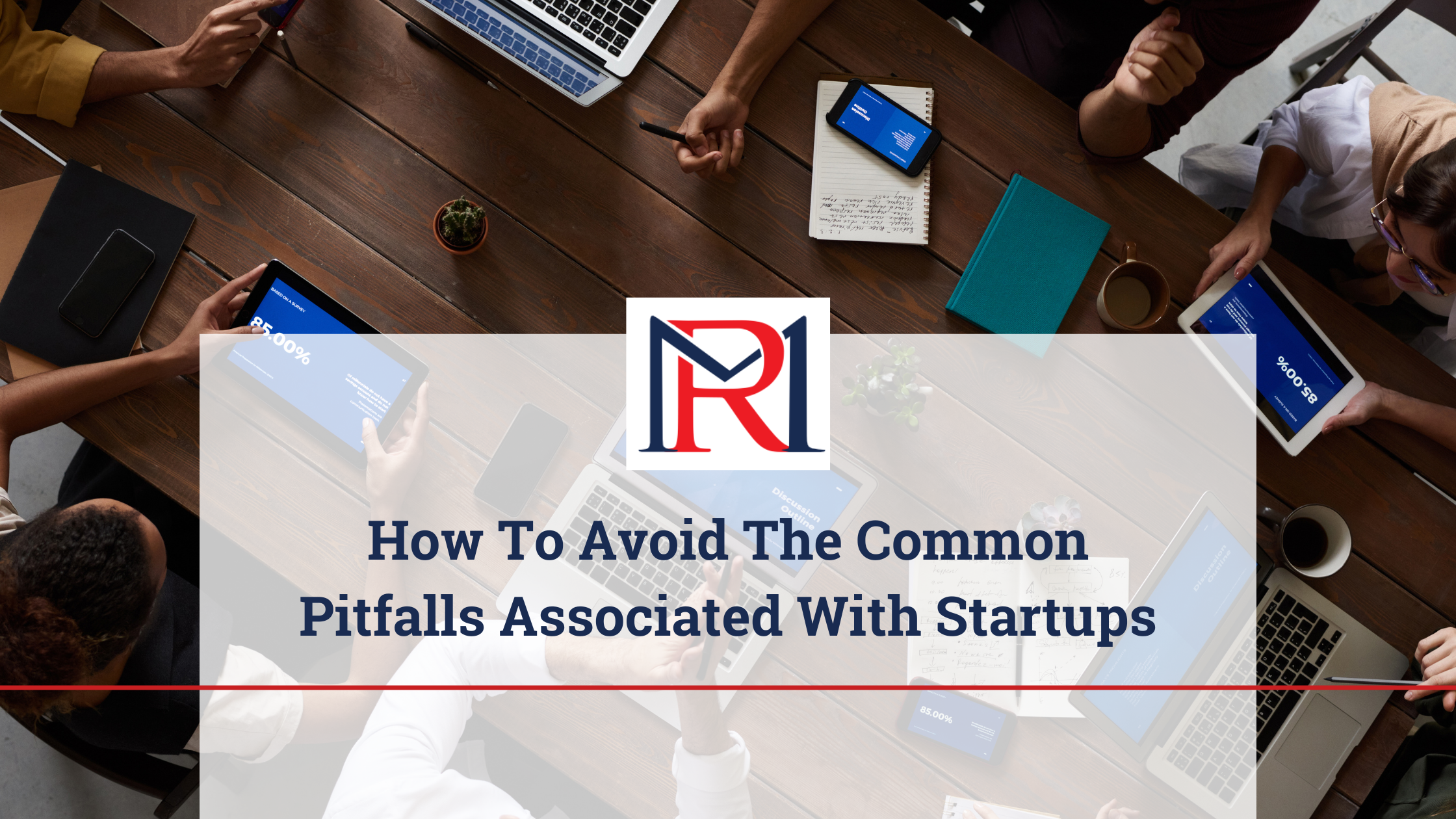How To Avoid The Common Pitfalls Associated With Startups
January 16, 2024 | Uncategorized

Transforming innovative ideas into successful businesses requires more than passion and hard work. Entrepreneurs must develop an understanding of the legal components that govern their business. Without it, even the most promising startups can be derailed by falling victim to common pitfalls. Understanding and navigating these challenges is fundamental for taking your idea and letting it evolve into a successful and sustainable business.
For this reason, we wanted to explore these pitfalls while offering some practical tips for avoiding them. From treating your business as a professional endeavor to grasping the legal and financial considerations, we will guide you through the essential steps for safeguarding your startup’s future.
It’s crucial to seek legal counsel and accounting advice early in your startup journey, to help navigate your business’s legal and financial aspects, preventing future pitfalls.
Treat Your Business as a Separate Entity
Treat your startup as a professional business, not a personal piggy bank. Drawing funds for personal use can blur the lines between personal and business finances, creating legal and tax implications. Instead, maintain clear boundaries and treat your venture with the professionalism it deserves.
Choosing the right business entity is the foundation of your enterprise. Common options include Sole Proprietorship, Partnership, LLC (Limited Liability Company), and Corporation. Each has its benefits and limitations. Sole Proprietorships are simple to set up but offer no personal liability protection. Partnerships, ideal for collaborative ventures, involve shared liability. LLCs strike a balance, providing liability protection without the complexities of a corporation. Corporations, while offering strong liability protection, require adherence to more formalities. Selecting the correct entity is vital for legal protection and tax benefits.
Important Considerations
When hiring, deciding between employees and contractors is a pivotal choice. Employees offer long-term commitment but come with additional management responsibilities. Contractors provide flexibility but with less control over work processes. Misclassifying employees as contractors can lead to significant legal issues and be financially devastating.
Insurance is an essential consideration for any business. It’s not just about having any insurance, but the right kind. Startups should consider commercial liability insurance for general business risks, leasing insurance for rented premises, umbrella coverage for additional liability protection, and directors’ liability insurance for claims related to management decisions.
Leasing agreements and business loans also demand careful attention. Ensure that any lease or financial agreement you sign is thoroughly vetted to avoid future problems.
Common Shortcuts to Avoid
One of the most significant pitfalls for startups is avoiding legal counsel to save costs. These short-term savings can lead to long-term legal disasters. DIY legal approaches often result in errors, oversights, and compliance issues. Underestimating the value of legal advice is a risk not worth taking.
By treating your business with the seriousness it deserves, considering important legal and financial aspects, and avoiding common shortcuts, you can set the stage for lasting success. Remember, at Rodriguez-McCloskey PLLC, we will support you in turning your idea into a long-running, successful business.
Rodriguez-McCloskey PLLC Rodriguez-McCloskey PLLC understands the unique challenges faced by startups. Our team is committed to providing comprehensive, results-driven legal counsel tailored to your business needs. We offer a free 30-minute consultation to help you start on the right legal footing. Contact us today, and let us be part of your journey to success. Your business deserves the best legal support to thrive in today’s competitive landscape.
